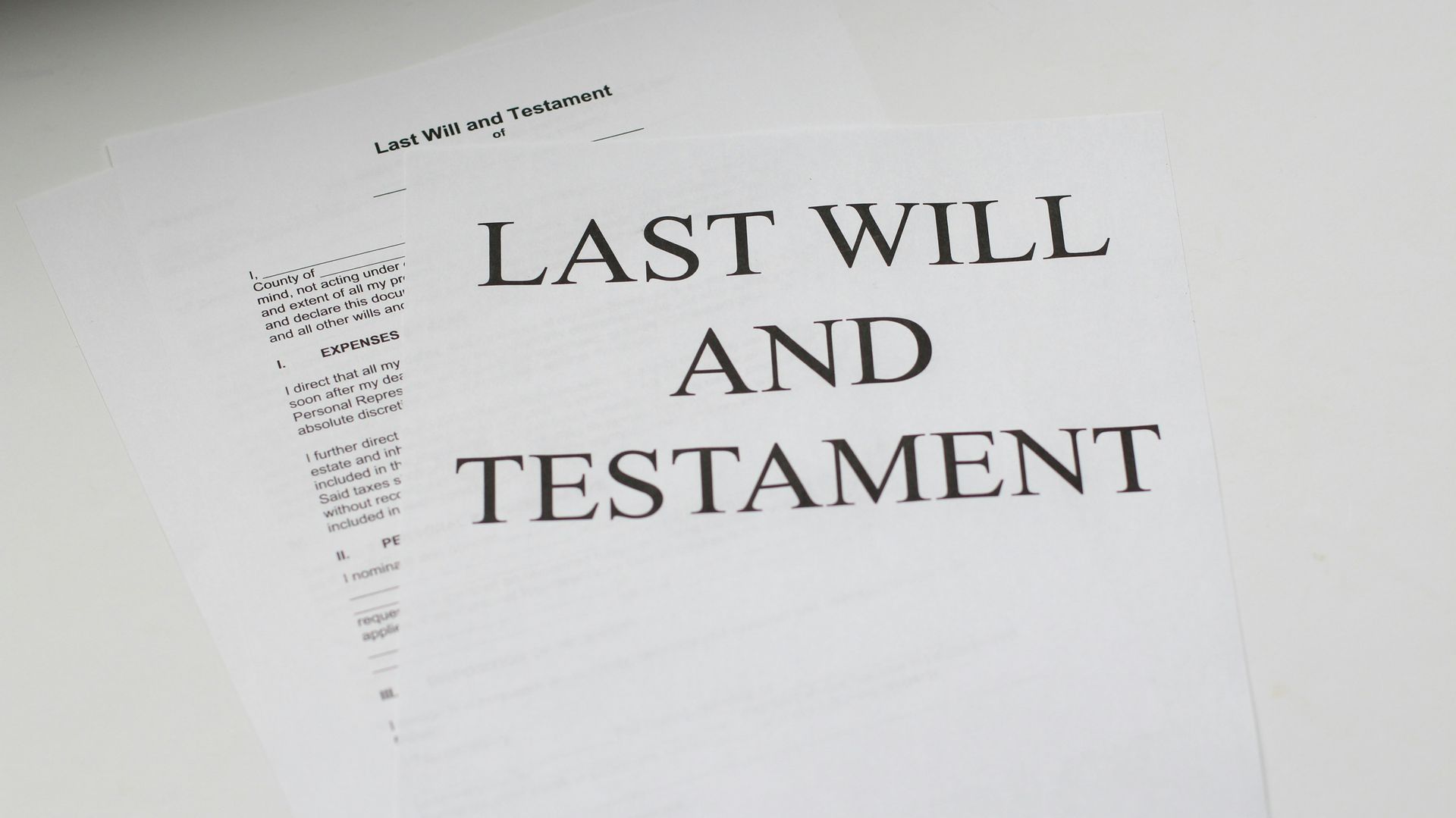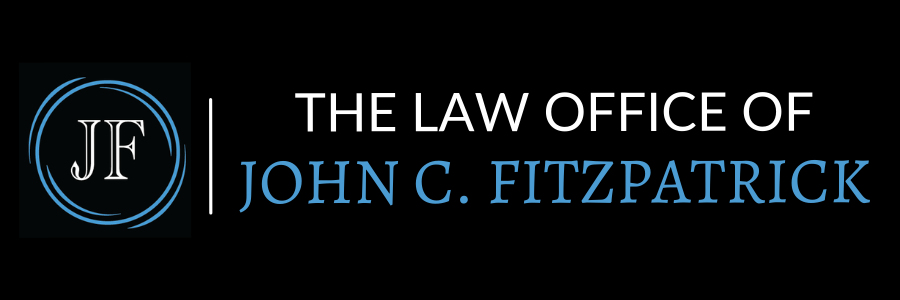Contact Us
Hotline: 919-308-3521 -24/7
Office: 919-683-9500
Fax: 919-683-8400
Location: 3200 Croasdaile Drive, Suite 30 Durham, NC 27705
Wills: Planning for the Future and Protecting Your Loved Ones
John Fitzpatrick Jr

A will is a cornerstone of any solid estate plan. It allows you to dictate how your assets will be distributed after your death, ensuring that your loved ones are provided for and that your wishes are respected. Without a will, the state may decide how your estate is divided, often leading to unintended outcomes.
What is a Will?
A will is a legal document that outlines your wishes regarding the distribution of your assets, the care of any minor children, and the appointment of an executor to carry out your wishes. It is an essential tool for estate planning, helping to avoid potential conflicts and confusion after your passing.
Why Everyone Should Have a Will
No matter your age or financial situation, having a will ensures that your estate is handled according to your wishes. A properly drafted will can:
- Ensure your assets are distributed to the right people.
- Appoint a guardian for your minor children.
- Avoid lengthy and costly probate processes.
- Prevent family disputes over your estate.
- Without a will, your estate may be subject to intestate succession laws, which means the state will determine how your assets are divided. This process can be lengthy and may not align with your wishes.
The Process of Creating a Will
Drafting a will involves more than simply listing who gets what. You’ll need to consider key elements such as:
Naming an executor:
This person will be responsible for managing your estate and ensuring your wishes are followed.
Guardianship for minor children:
If you have children under 18, you’ll need to appoint a guardian who will care for them if something happens to you.
Distribution of assets:
You’ll need to specify who will inherit your property, money, and personal belongings.
Schedule a free consultation today with The Law Firm of John C. Fitzpatrick, P.C. at 919-683-9500 or send a message online with your legal questions.
Schedule a free consultation today with The Law Firm of John C. Fitzpatrick, P.C. at 919-683-9500 or send a message online with your legal questions.
Contact Us
Text Hotline: 919-308-3521
Text an attorney after hours if you're experiencing an emergency.
Office: 919-683-9500
Fax: 919-683-8400
Location: 3200 Croasdaile Drive, Suite 304,
Durham, NC 27705
Practice Areas
© 2025
All Rights Reserved | The Law Office of John Fitzpatrick | Privacy Policy | Terms of Use
